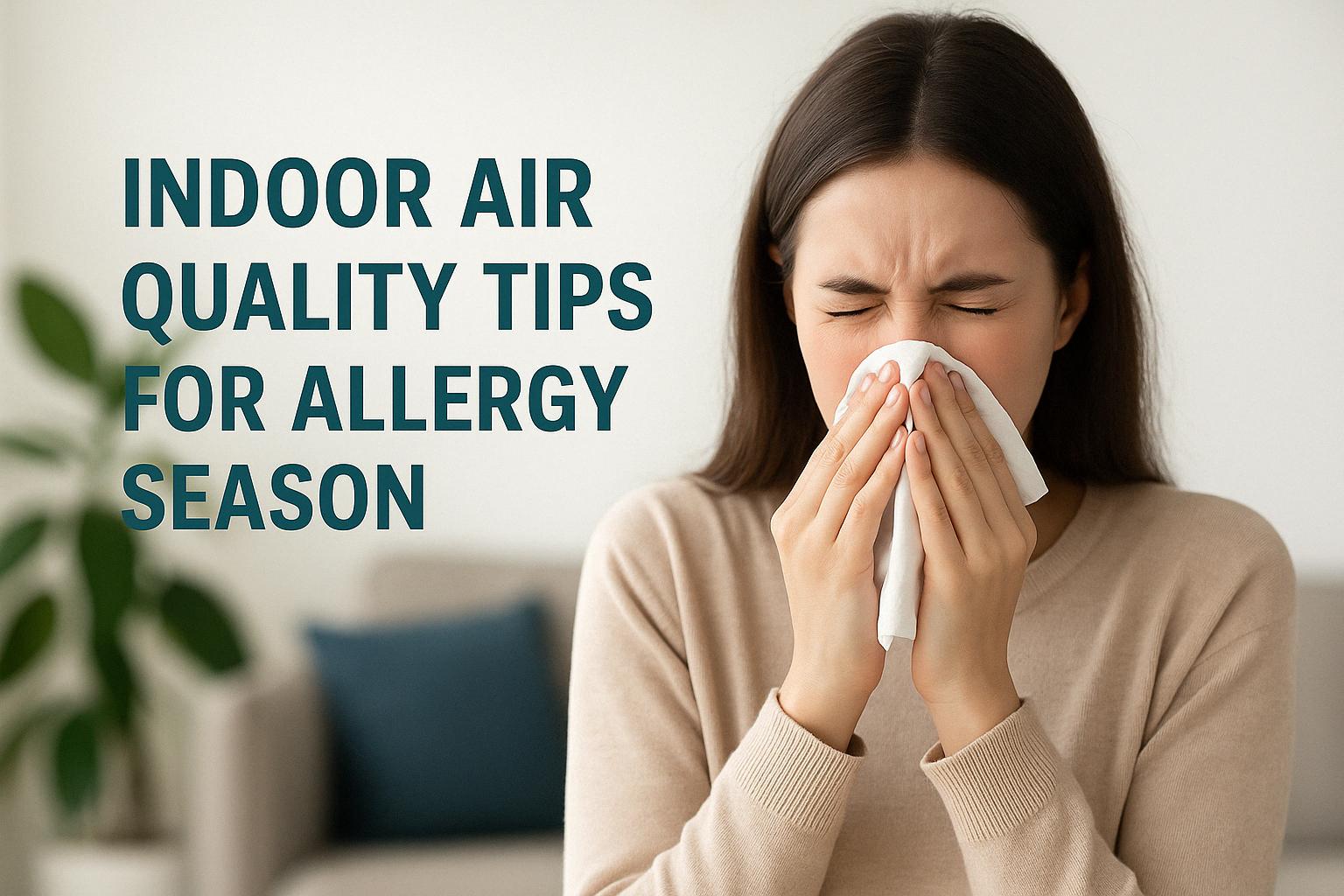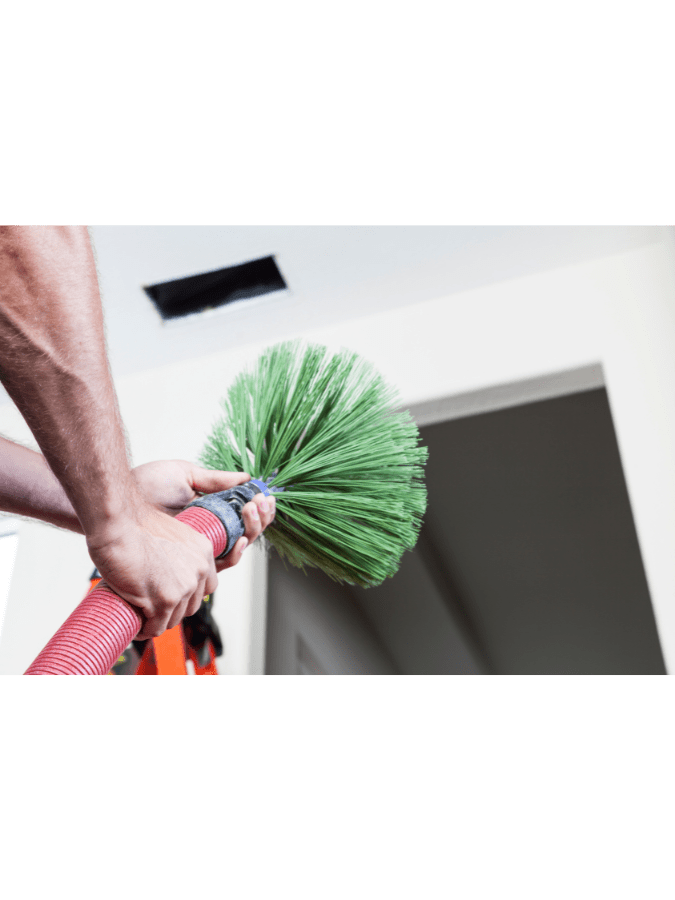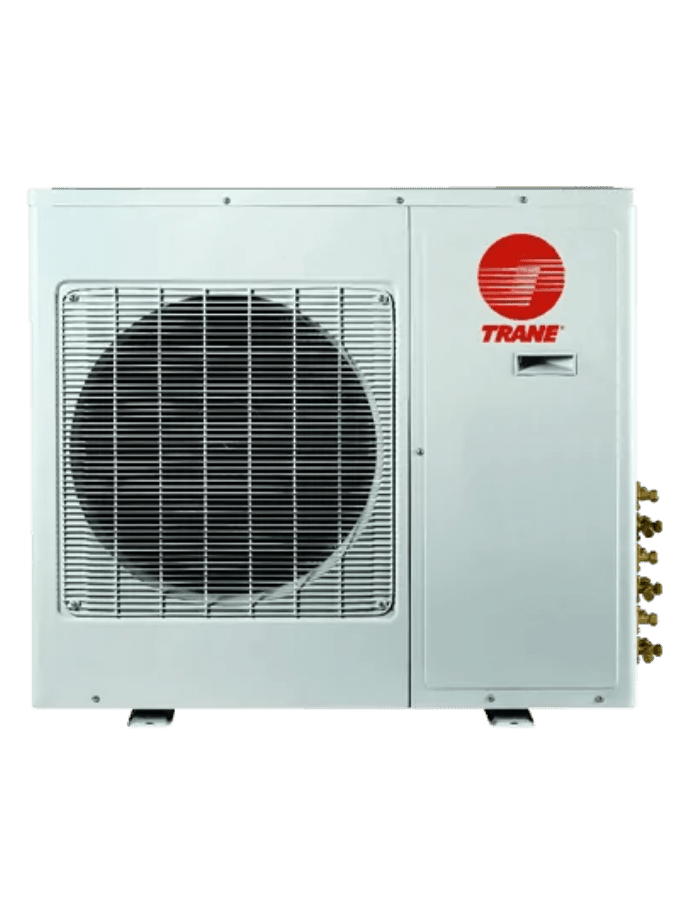Summer is the season when we all look forward to basking in the sun, enjoying barbecues, and relishing family outings. However, the rising temperatures can take a toll on your home’s HVAC system. Proper HVAC care is not just a luxury; it’s a necessity, especially in regions like San Diego, where air conditioning systems are crucial for comfort. Let’s delve into how you can prevent common summer pitfalls by taking good care of your HVAC system.
Understanding Your HVAC System
What is an HVAC System?
An HVAC (Heating, Ventilation, and Air Conditioning) system is essential for regulating temperatures and ensuring air quality in residential and commercial spaces. This system comprises various components that work together to provide heating in winter and cooling in summer.
Key Components of Your HVAC System
- Air Conditioner: Cools indoor air. Furnace: Heats indoor air. Heat Pump: Provides both heating and cooling. Ductwork: Distributes conditioned air throughout the building. Thermostat: Controls temperature settings.
The Importance of Regular Maintenance
Why should you maintain your HVAC system? Regular maintenance helps extend its lifespan, improves energy efficiency, and ensures optimal performance when you need it most—especially during sweltering summer days.

Preventing Common Summer Pitfalls with Proper HVAC Care
1. Scheduling Routine Inspections
Routine inspections by an experienced HVAC contractor in San Diego can identify potential issues before they escalate into costly repairs.
Benefits of Routine Inspections
- Early detection of problems Improved efficiency Enhanced indoor air quality
2. Regular Filter Replacement
Dirty filters can impede airflow and cause your AC unit to work harder than necessary. Replacing filters every 1-3 months is Air Plus Heating & Cooling in san diego vital for optimal operation.

Types of Filters You Can Use
- HEPA filters Pleated filters Electrostatic filters
3. Cleaning the Condenser Unit
The outdoor condenser unit must be cleaned regularly to remove debris that could hinder performance. This step is crucial for preventing overheating.
How to Clean Your Condenser Unit
Turn off power to the unit. Remove any debris around the unit. Use a garden hose to gently clean the fins.4. Checking Refrigerant Levels
Low refrigerant levels can lead to inadequate cooling and increased energy consumption.
Signs of Low Refrigerant Levels
- AC blowing warm air Ice on the evaporator coils Hissing or bubbling noises
5. Inspecting Ductwork for Leaks
Leaky ducts can significantly affect your cooling efficiency by allowing cool air to escape before it reaches its intended destination.
How to Check for Duct Leaks
- Visual inspection Using smoke pencils Listening for whistling sounds
6. Optimizing Thermostat Settings
Smart thermostats allow you to program temperatures based on your schedule, which can lead to significant energy savings during peak hours.
Benefits of Smart Thermostats
- Remote access via mobile apps Energy usage reports Learning capabilities for efficient scheduling
7. Ensuring Adequate Insulation
Proper insulation helps keep cool air inside during hot summer days while preventing cool air from escaping.

Types of Insulation Materials
- Fiberglass batts Spray foam insulation Cellulose insulation
Common Summer Issues with HVAC Systems
8. Overworking Your AC Unit
Pushing your AC beyond its limits can lead to breakdowns and expensive repairs.
Signs That Your AC Is Overworked
Increased energy bills Frequent cycling on and off Unusually loud noises9. Ignoring Warning Signs of Malfunctioning Systems
Ignoring signs such as strange noises or foul odors can result in major failures down the line.
Common Warning Signs Include:
- Unusual smells (burning or musty) Constant running without reaching set temperature Uneven cooling throughout home
10. Neglecting Landscaping Around Outdoor Units
Plants and shrubs near outdoor units need proper trimming; overgrown vegetation obstructs airflow and reduces efficiency.
Recommended Distance from Units:
Keep at least 2 feet clear around outdoor condensers for optimal airflow.
Best Practices for Summer HVAC Care
11. Utilizing Ceiling Fans Effectively
Ceiling fans help circulate cool air efficiently when used in conjunction with your AC system.
12 Tips for Effective Fan Usage
Set fans to spin counterclockwise. Run fans even when AC is on for better circulation.Additional Tips
13 - Monitoring Indoor Humidity Levels
High humidity levels can make hot weather feel worse; consider using dehumidifiers alongside your AC unit if humidity becomes an issue.
14 - Implementing Zoning Systems
Zoned heating and cooling systems allow you to customize temperature settings per room based on occupancy needs—a great way to save energy!
FAQs about HVAC Care During Summer
FAQ 1: How often should I have my AC serviced?
It’s recommended to have professionals inspect your system at least once a year—preferably before summer starts—to ensure everything runs smoothly.
FAQ 2: Why does my AC smell funny?
A musty smell might indicate mold growth inside the unit or ductwork; it’s best addressed by an HVAC professional immediately!
FAQ 3: Can I perform my own maintenance?
While some tasks like changing filters are easy DIY projects, complex issues should be handled by certified technicians—like those from Air Plus Heating & Cooling—for safety reasons.
FAQ 4: How do I know if I need ac repair in San Diego?
If you're experiencing inconsistent temperatures or increased energy bills without any changes in usage patterns—it may be time to call an expert!
FAQ 5: What are signs that my thermostat is malfunctioning?
Symptoms include inaccurate temperature readings, failure to turn on/off properly, or displaying error messages—promptly consult a professional!
FAQ 6: How much does regular maintenance cost?
Routine maintenance costs vary but investing $100-$200 annually could save thousands down the line through avoided repairs!
Conclusion
In summary, preventing common summer pitfalls with proper HVAC care requires awareness, proactive measures, and periodic professional assistance from trusted experts like Air Plus Heating & Cooling—the best San Diego HVAC company! By staying diligent about routine inspections, filter replacements, duct cleaning, thermostat optimization, and more—you’ll ensure both comfort during scorching heatwaves AND longevity for your essential systems while avoiding costly interruptions along the way! Don’t wait until it’s too late; start taking care of your HVAC today!
By following these guidelines consistently—and keeping local professionals like an HVAC contractor in San Diego on speed dial—you’ll be well-equipped this summer season! Enjoy the warmth without worry!